Here all our advent calendar entries from 2024.
Category: 2024
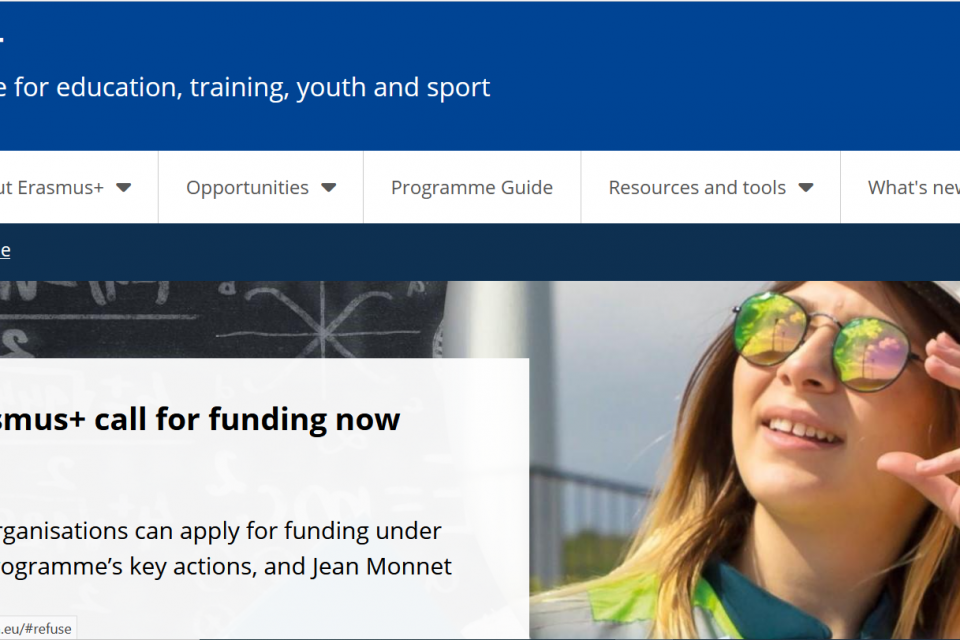
Dør 8: Erasmus – utveksling av kunnskap på tvers av Europa
CEG har en lang tradisjon for å være vertskap for Erasmus-studenter på praksisopphold. I år hadde vi også to studenter på besøk fra Sardinia i løpet av sommeren. «Erasmus+ er EUs program for å støtte utdanning, opplæring, ungdom og idrett i Europa.» Det er et program som legger […]

Door 7: A New Perspective on Human Origins, interconnected Lineages in Africa
Species evolution is often depicted as linear, neatly separated branches of a tree, an oversimplification that fails to capture the true complexity of evolutionary history. This is especially true for human evolution, where the prevailing belief has been that the modern human population that emerged from Africa was […]
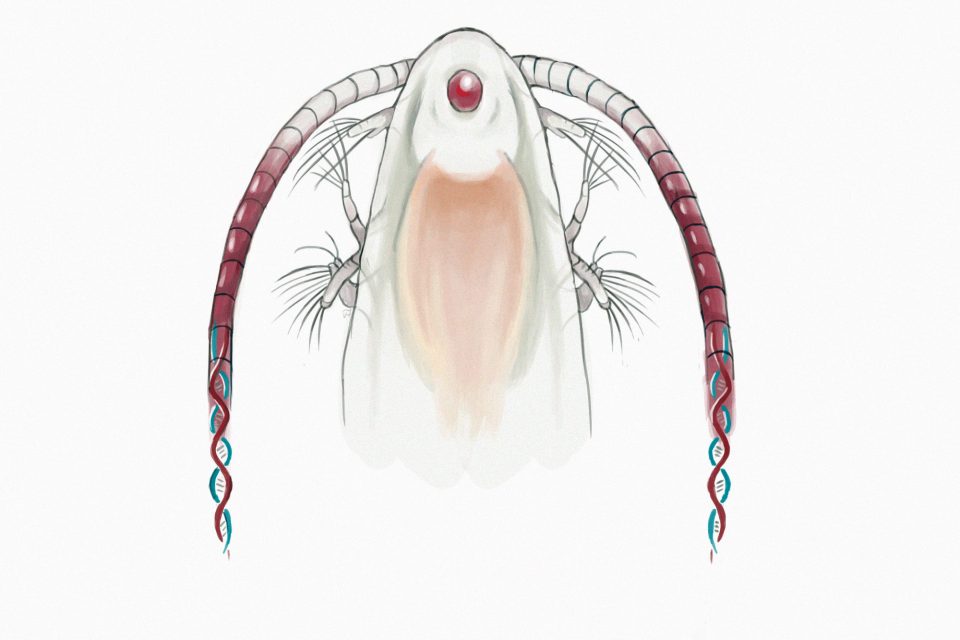
Door 6: Tiny Zooplankton with Giant Genetic Mysteries
For our 6th door, I want to introduce you to a puzzling aspect of my favorite study organism, Calanus—a group of tiny marine zooplankton that play a crucial role in the North Atlantic and Arctic ecosystems. These crustaceans, no larger than a grain of rice, sustain our oceans and […]

Door 5: To sample or not to sample? – winter sampling for benthic marine invertebrates
In CEG group, we collect samples from the nature for various projects such as MeioSkag and PolyPro3 (marine invertebrates) and ANTENNA (insects). Here in the Northern Europe the best season for sampling usually is in the summer, or one might travel to an exotic location to find specific […]
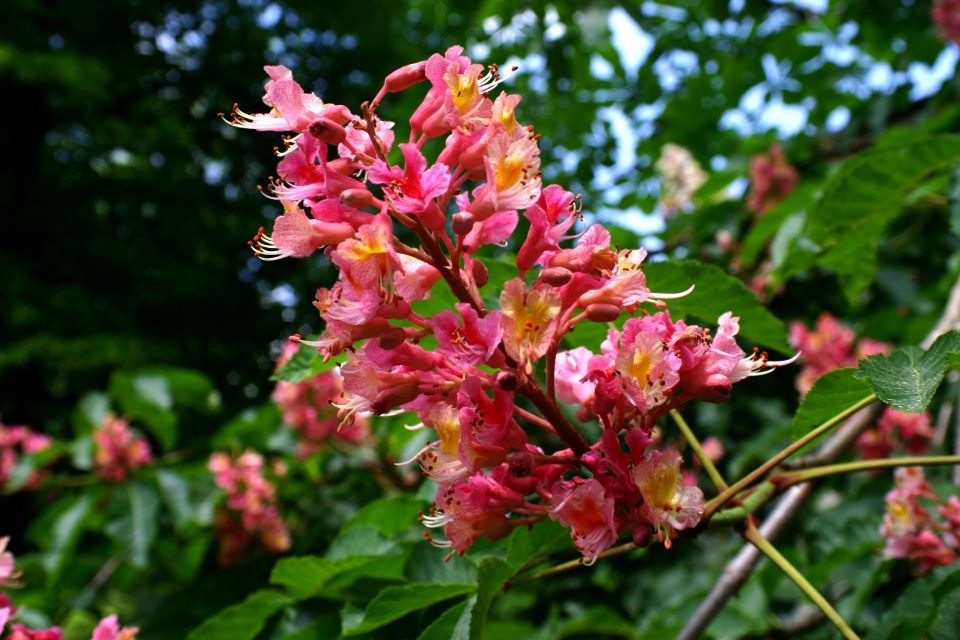
Door 4: For how long can species retain the ability to form hybrids?
All the biodiversity on our planet has originated through a series of speciation events. Speciation occurs when two lineages cease interbreeding, for one reason or another, but even after speciation the new species commonly retain the ability to hybridise for a while. Soon after speciation, the species genomes […]
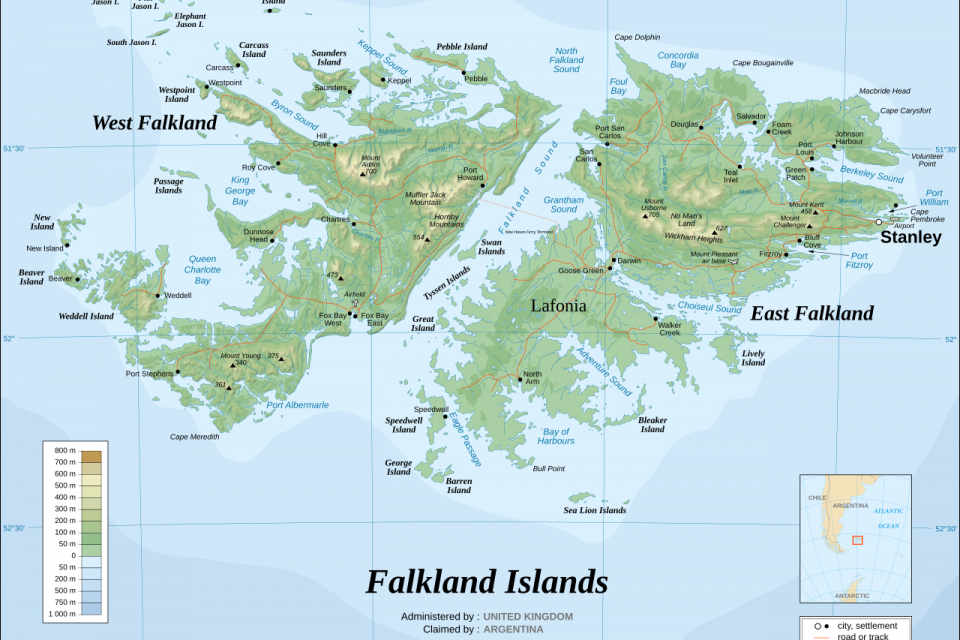
Door 3: Beetles of the Falkland Islands
The Falkland Islands is an archipelago located in the Southern Atlantic at ca. 52°S, on the Patagonian shelf about 480 km from the South American coast. The archipelago is composed of two large islands and almost 800 smaller islands. The total land area is about 12,000 km2. The […]
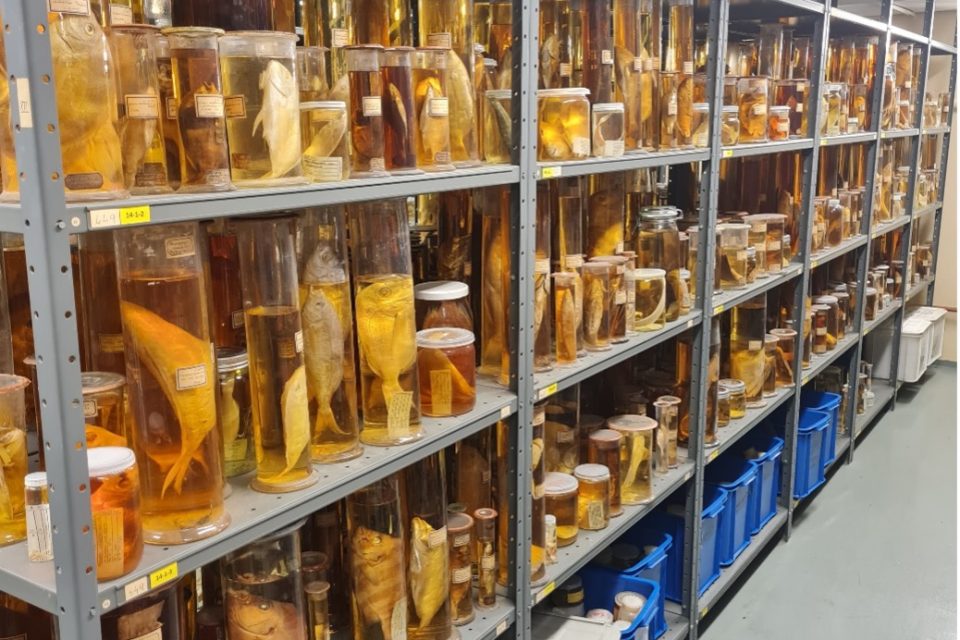
Door 2: Artificial intelligence and taxonomy
The recnt years have seen a hand over fist development of artificial intelligence (AI) applications, and such applications affect the daily life of scientists at an increasing pace, and the ongoing development may in the near future also modify our understanding of science in general. For biologist an […]
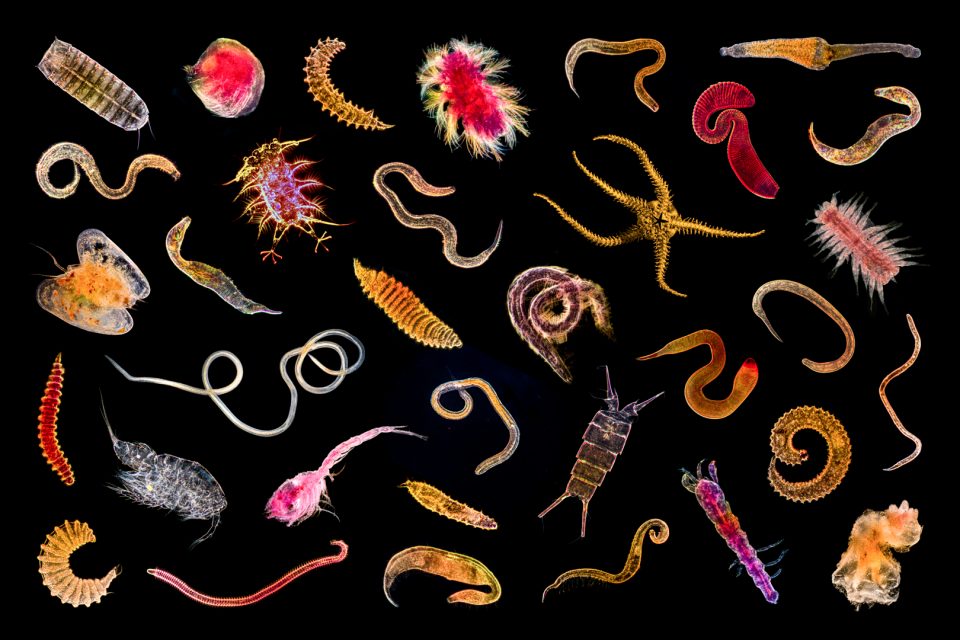
Door 1: Quo vadis biodiversity genomic research?
It is the time of the year, where our group opens a door at our advents calendar again. It is my turn to open the first door. Our group is involved in many research projects involving genomic data as you can see when looking at our previous posts. […]

Dør 1: Quo vadis genomisk forskning på biologisk mangfold?
Det er den tiden på året hvor gruppen vår åpner en dør i adventskalenderen vår igjen. Det er min tur til å åpne den første døren. Gruppen vår er involvert i mange forskningsprosjekter som involverer genomdata, som du kan se når du ser på de tidligere innleggene våre. […]